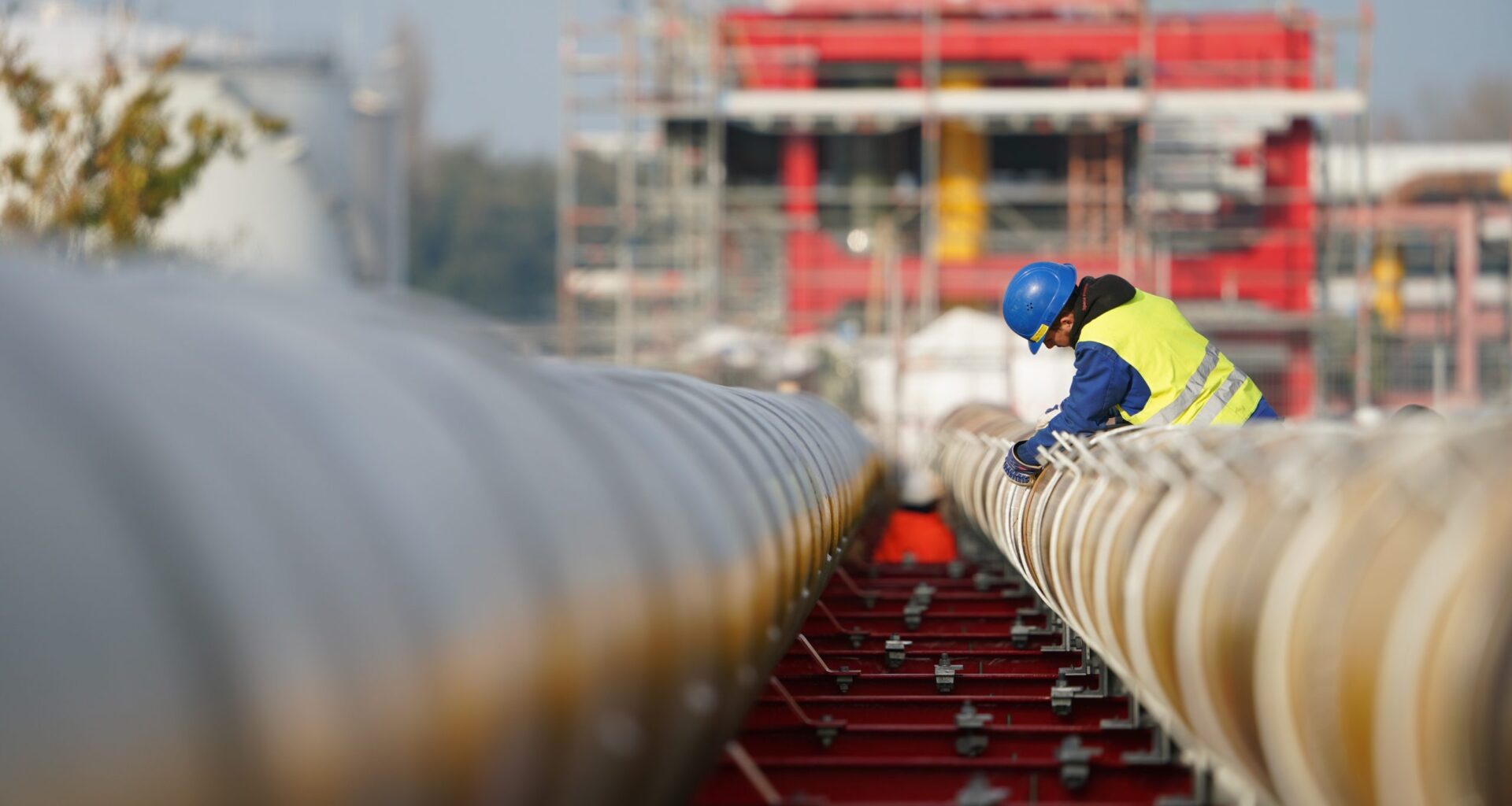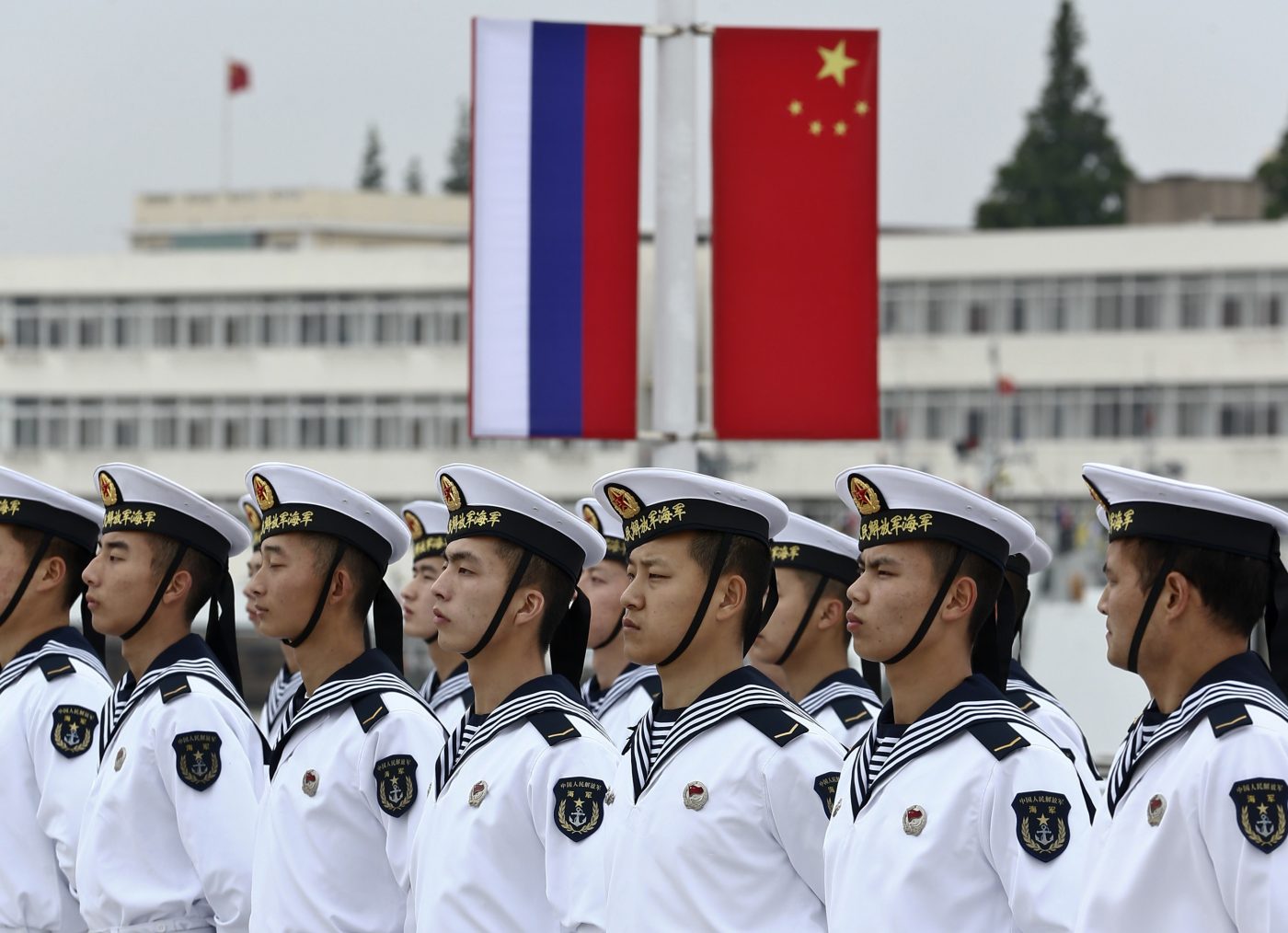After nearly four years of dithering, the EU has mustered the courage to propose a full ban on Russian liquefied natural gas (LNG) imports.
And it wants it fast: a year ahead of schedule.
The announcement in the final days of September seemed a timely response to US President Donald Trump’s pointed criticism leveled at EU countries, which continue to buy Russian oil and gas, helping to fuel the Kremlin’s war machine in Ukraine.
But while this new-found urgency has been long-overdue, it may unintentionally backfire. In June, the European Commission published a draft roadmap for the full phaseout of Russian fossil fuels, including LNG, by the end of 2027.
If adopted by the European Parliament and Council in the upcoming weeks, the regulation would deprive the Kremlin of a lucrative source of revenue and end its often-used energy blackmail against Europe.
It would also protect Europe from returning to Russian fossil fuel imports in the years to come.
But there’s a catch. While the bloc’s existing plans for a long-term ban by 2027 would be permanent, the accelerated ban to end supplies in 2026 would not.
If the new sanctions are adopted now, they would need to be renewed every six months, requiring unanimity from the EU’s 27 member states.
Based on previous experience, this could allow Russia-friendly countries or openly transactional member states to trade votes for an extended ban in return for other benefits.
Kremlin-friendly Hungary and Slovakia have engaged in this horse-trading game with some skill and will, no doubt, continue to play a deft hand at wangling cash in return for votes.
Meanwhile, every time the ban came up for renewal, the uncertainty over its future would trigger episodes of price volatility to the detriment of economies and consumers. Spain, which has surprisingly opposed the phaseout roadmap, would likely be keen for the ban to be removed from it.
Instead, it may want it included in the upcoming sanctions package, most likely expecting the ban to be overturned at the next available opportunity.
Meanwhile, the future of the roadmap would be under question.
Get the Latest
Sign up to receive regular emails and stay informed about CEPA’s work.
Budapest and Bratislava, which continue to take Russian pipeline gas, have always insisted that it would be unfair for them to renounce it as long as other western European coastal countries, such as Spain or France, continue to import Russian LNG.
On the plus side, it is possible that their relationship with Trump means they will be at least initially hesitant to derail the program.
Should the EU adopt the LNG ban now but risk having it overturned in six months’ time, Hungary and Slovakia might request Russian imports be reinstated, leaving the door open for a never-ending cycle of blackmail.
As the phaseout roadmap winds its way through multiple EU hoops in the upcoming weeks, it runs the risk of being diluted.
Arguments will most likely focus on the roadmap’s Article 15 which, insists that in case of “sudden and significant developments seriously threatening the security of supply of one or more member states, the commission may . . . authorize the temporary suspension of the regulation.”
It’s unclear what these conditions might be, but there is a risk that, unless properly defined, they could enable some member states to request a temporary return to Russian fossil fuel imports.
Even so, the roadmap offers much stronger guarantees that a full and long-term system would be implemented than an LNG ban embedded in a sanctions package.
When comparing the statements that have emerged from Brussels on this issue in recent weeks, there is a clear impression that the EU’s top echelon may not have consulted with internal teams working on these issues, sacrificing thorough analyses for quick political statements.
EU leaders may have been keen to match in kind Trump’s statements and fall into line with the US president on switching away from Russian fossil fuel imports.
While phasing out Russian fossil fuel imports is the ultimate objective pursued by both Kyiv and Brussels, a hasty decision could derail this project, leaving the door open for Russian fossil fuel imports to return at a later stage.
It would also create headaches for US producers keen to sell LNG to Europe as they would find it tough to understand which direction the EU is actually taking.
Aura Sabadus is a senior energy journalist writing for Independent Commodity Intelligence Services (ICIS), a London-based global energy and petrochemicals news and market data provider. She is also a Non-resident Senior Fellow with the Democratic Resilience Program at the Center for European Policy Analysis (CEPA).
Europe’s Edge is CEPA’s online journal covering critical topics on the foreign policy docket across Europe and North America. All opinions expressed on Europe’s Edge are those of the author alone and may not represent those of the institutions they represent or the Center for European Policy Analysis. CEPA maintains a strict intellectual independence policy across all its projects and publications.
Europe’s Edge
CEPA’s online journal covering critical topics on the foreign policy docket across Europe and North America.

